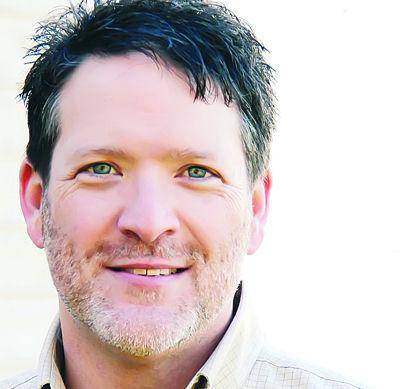If you have not yet cut the cathodic cord, you have probably noticed that there are more television commercials on the screen than usual these days. Under economic pressure from “new media” and streaming services, traditional TV has loaded up on advertising to make up the economic difference. Consequently, there about 750 commercials per day, per TV channel.
Of course, going off the broadcast grid will not save your senses from being assaulted by advertising. Online there is the bombardment of popup and banner ads. Your radio — local or satellite — and other audio services are constantly hawking some product or person. Your social media feed is filled with “promoted” material, and the estimation that the average American is exposed to more than 4,000 images a day, appears to be true.
Add to this assault of the senses, the round-the-clock news coverage; partisan politics; ceaseless, solicitous emails; and the obnoxious, flashing, rotating billboards — by which one could land an airliner — that overpopulate our highways and byways. It’s no wonder we are suffering from sensory overload.
Here is where silence, prayer, and contemplation can play a healing, restorative role in our lives. Silence can quiet the mind, dampening the cacophony of voices around us. Prayer — when practiced as a means of personal transformation instead of trying to get God to “do something” — can focalize us. Contemplation, a spiritual discipline of all the great traditions, can lead us to internal peace. We do these things, not to retreat from the world, but to find the strength to survive in this world.
A lasting example of this comes from the life of the Rev. A.J. Muste. After graduating from Union Seminary at the turn of the last century, Muste became a pastor. When WWI broke out, his views on nonviolence led to his dismissal from the pastorate, but he would become Director of the Fellowship of Reconciliation, a Christian organization that thrives to this day.
He was an old man by the time the Vietnam War began tearing this country apart, but he persisted in his commitment to peace, and could routinely be found in the streets of Washington, D.C. in the evenings, lighting a candle and saying his prayers for peace. Reportedly, he was once asked, “Do you really think that lighting a candle and saying a prayer can change the world?” He wisely answered, “I don’t do this to change the world. I do this to keep the world from changing me.”
With apologies to all the campaign organizers and advertising executives out there, it is hard to tell where communication ends and connivance begins. For marketing can easily become manipulation, and persuasion can devolve into propaganda.
I don’t say this as a tinfoil-hat-wearing-conspiracist. I say it as one who seeks to “not be conformed to the pattern of this world, but to be transformed by the renewing of my mind,” and sometimes renewal requires the self-care of retreating from all the turbulence around us.
Ronnie McBrayer is a syndicated columnist, blogger, speaker, and author of multiple books. Visit his website at www.ronniemcbrayer.org.

